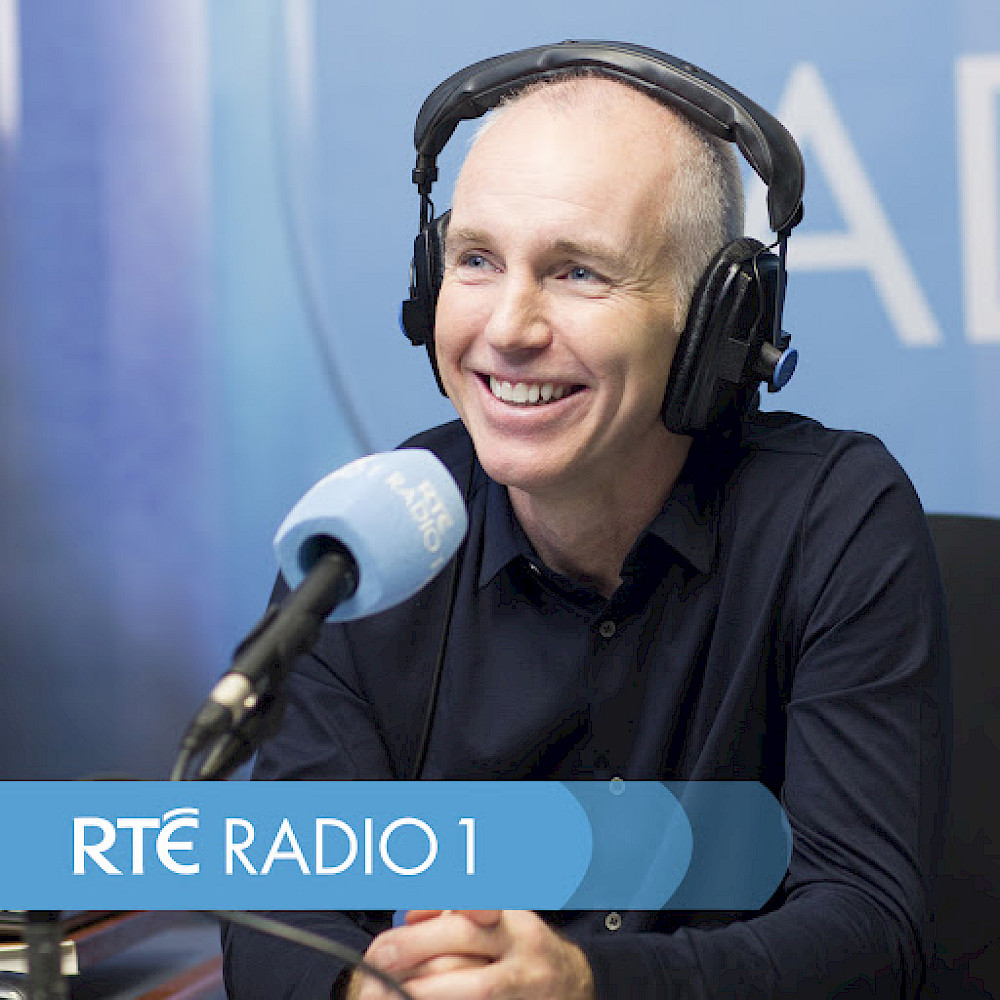As headlines focused on who might replace long-time RTÉ Radio 1 presenter Ray D’Arcy, FuJo’s Dr Roddy Flynn joined Morning Ireland to argue that the more important question is what should replace him.
Speaking with Morning Ireland host Rachel English, Dr Flynn — Associate Professor at DCU’s School of Communications and member of the Institute for Future Media, Democracy and Society (FuJo) — reflected on how recent departures across RTÉ signal both a challenge and an opportunity for Ireland’s national broadcaster.
“The question shouldn’t just be who replaces a presenter,” Dr Flynn said.
“It should be what replaces them. What does Irish society need from its public service media in the 21st century?”
Public Service or Commercial Logic?
In the discussion, Dr Flynn noted that D’Arcy’s move appeared to be driven largely by commercial considerations — a reflection of broader tensions within RTÉ between its public service remit and the pressures of audience ratings and advertising revenue.
He warned that an over-emphasis on commercial logic risks narrowing the broadcaster’s vision at a time when it should be broadening its creative and civic horizons.
Same Formats, New Faces
While acknowledging that change is inevitable as veteran presenters retire, Dr Flynn argued that Irish radio’s core programming mix has remained largely static for decades.
Aside from personnel shifts, the schedule is dominated by three genres — news and current affairs, lifestyle talk, and music — with little space for experimentation.
“There’s a vast range of radio genres not being addressed,” he said, noting that documentary and drama have been relegated mainly to weekend slots with smaller audiences.
Re-imagining the National Conversation
For Dr Flynn, this transition moment could allow RTÉ to re-imagine how radio contributes to Ireland’s national conversation.
Rather than replicating legacy shows with younger hosts, the broadcaster could explore formats that reach under-35 audiences, integrate digital storytelling, and strengthen public understanding of complex issues.
“RTÉ once sat at the centre of the national conversation,” he observed. “If it wants to reclaim that role, it needs to focus on content that is relevant, innovative, and of high quality — not just familiar.”
Why Radio Still Matters
Despite digital disruption, Dr Flynn emphasised that radio continues to attract substantial audiences — Morning Ireland still reaches around 460,000 listeners each day — and remains a key agenda-setter for Irish public debate. While on-demand streaming and podcasts have changed listening habits, quality content continues to draw audiences across formats.
Public Service Media at a Crossroads
Dr Flynn’s reflections resonate with FuJo’s ongoing research on public service media, trust, and innovation. As Ireland debates RTÉ’s future funding and structure, his comments serve as a reminder that the value of public broadcasting lies not in celebrity personalities, but in its ability to inform, challenge, and connect citizens.
About Dr Roddy Flynn
Dr Flynn is an Associate Professor in DCU’s School of Communications and a member of the DCU Institute for Future Media, Democracy and Society (FuJo). His research focuses on media policy, public service broadcasting, and the Irish communications landscape.
Listen back to the full interview on RTÉ Radio 1: https://www.rte.ie/radio/radio1/clips/22550835/


